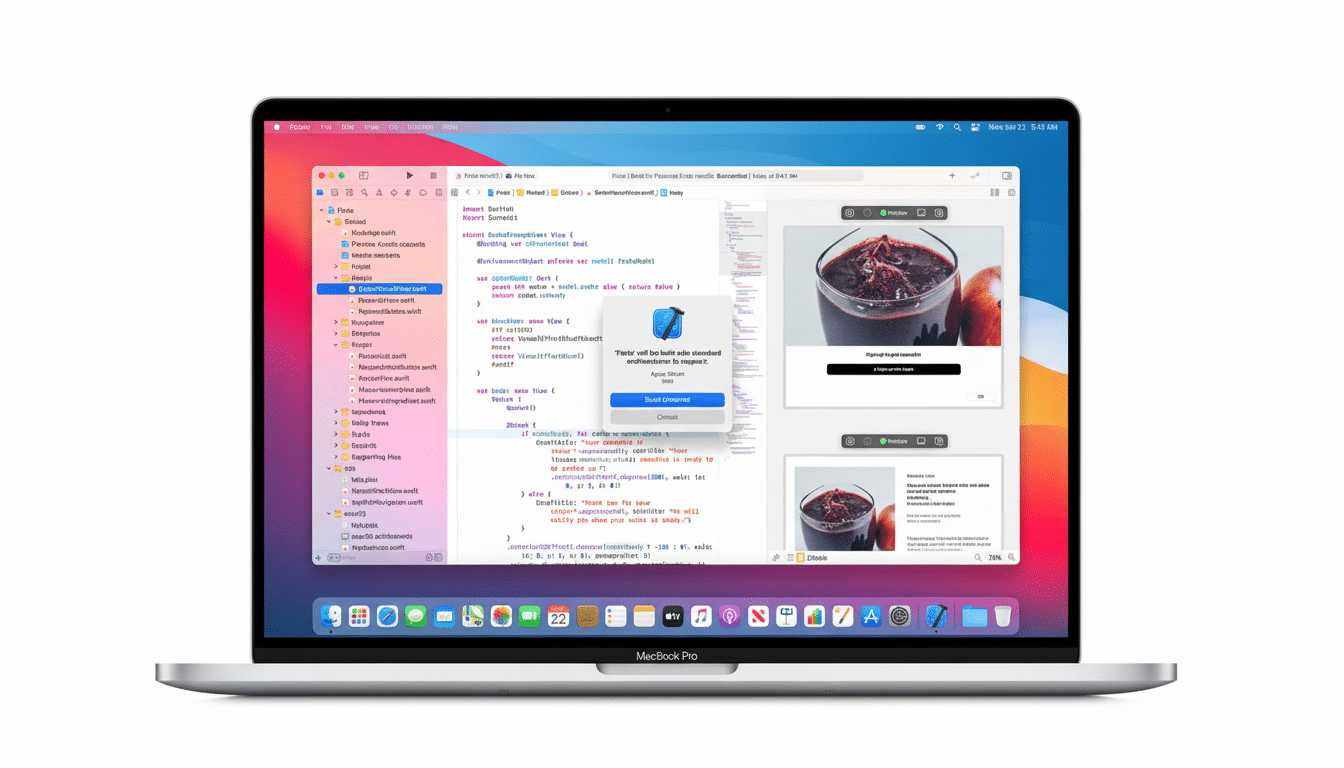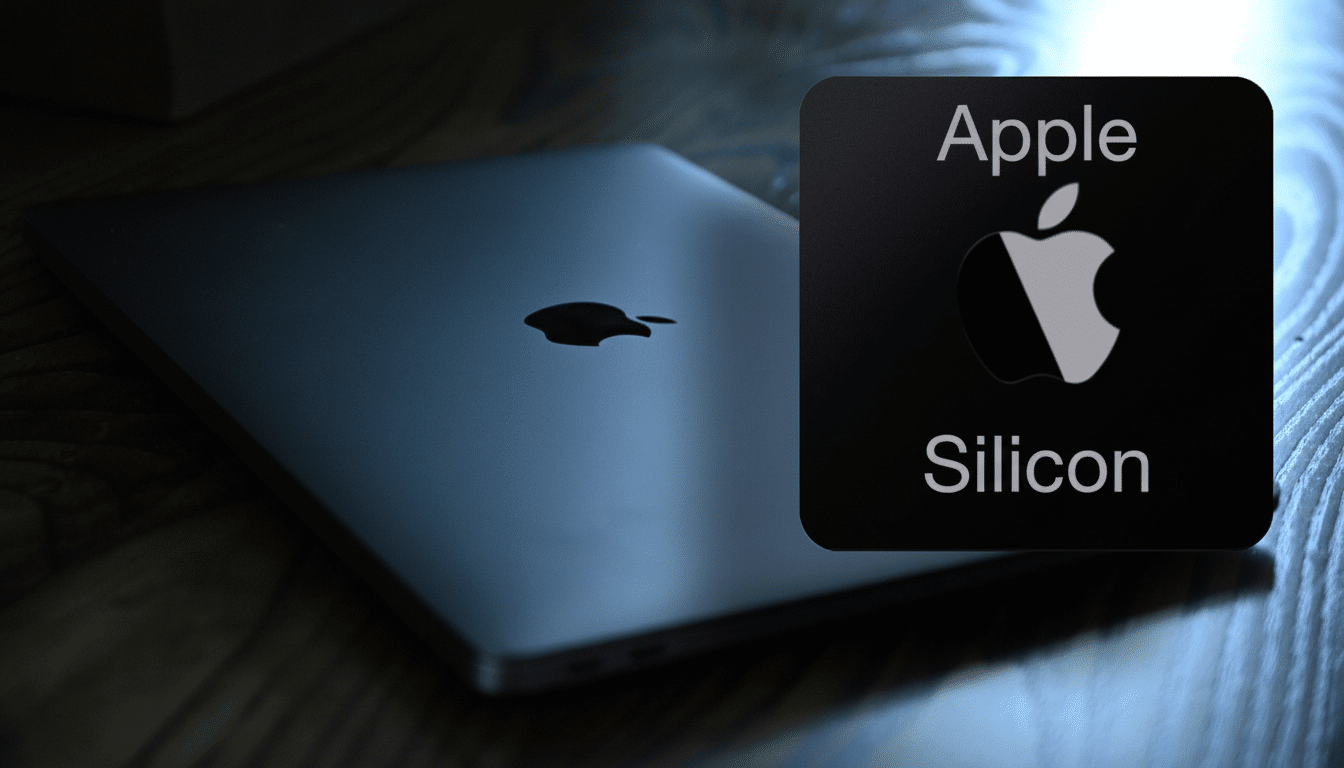Apple has quietly started the groundwork for a post–Tim Cook era, and the shortlist of who stands to lead the world’s most valuable consumer-tech brand is forming. What’s at stake: Cook transformed a rigorously run operation into a competitive advantage, was in charge of the move to homegrown silicon, and ran a company that has alternated with being the world’s first 3-trillion-dollar market-cap firm, according to data compiled by Bloomberg and S&P Global.
Succession at Apple isn’t just about a job title. It’s a line of products, a hefty services weight, an AI road map on the rise, and a supply chain stretching across dozens of countries. These are the five insiders most frequently mentioned by company watchers and industry analysts — and what each would represent in terms of Apple’s inevitable next chapter.
- Why Succession Matters Now for Apple’s Next Era
- John Ternus, the Product-First Favorite at Apple
- Craig Federighi, the Software Showman at Apple
- Eddy Cue, the Services Strategist at Apple
- Katherine Adams, the Legal and Security Steward at Apple
- Sabih Khan, the Operations Anchor at Apple
- What the Board Will Weigh in Choosing Apple’s Next CEO

Why Succession Matters Now for Apple’s Next Era
Apple has shifted its center of gravity during the Cook years. Services now make up about a quarter of revenue with gross margins over 70%, according to Apple’s earnings disclosures, while the hardware engine remains the company’s brand agitator. In the meantime, the rollout of Apple Intelligence — on-device AI components that were introduced at WWDC and heavily optimized for Apple silicon — will increasingly make leadership about the ability to weave hardware and software into a coherent, privacy-first AI strategy.
Apple’s board has been reviewing internal candidates to succeed him, reporting by the Financial Times said, a process that tends to favor long-tenured execs who can protect product secrecy and operational stability.
John Ternus, the Product-First Favorite at Apple
The leading candidate is John Ternus, the senior vice president of Hardware Engineering. He has been with Apple since 2001 and has led the engineering for iPhone, iPad, Mac, and AirPods. The move to homegrown silicon cut dependencies on the external world, boosted performance per watt, and contributed to a multi-year surge in Mac momentum (as Apple’s segment reporting shows ever since the M1 launched).
Selecting Ternus would indicate that Apple plans to double down on the integration of products at the silicon–hardware–AI stack. Insiders cite his credibility working across Cupertino’s core device teams and having a hand in innovations driven by long-range road maps where design, battery efficiency, and machine learning accelerators are closely knit.
Craig Federighi, the Software Showman at Apple
Craig Federighi, senior vice president of Software Engineering, is the public face of macOS and iOS and one of Apple’s most engaging presenters on stage at a keynote. Under his purview, Apple has crystallized its privacy position, processed and shipped major annual OS updates at scale, launched developer frameworks that power the most recent on-device AI features, and more.
A Federighi promotion would stress software velocity and developer ecosystems at a juncture when AI capabilities, cloud synchronization, and device privacy are coalescing. The counterargument: Apple likes a leader with an operating and hardware focus, especially as new device categories and silicon road maps entrench the battle for supremacy.
Eddy Cue, the Services Strategist at Apple
Eddy Cue runs the business with Apple’s most dependable recurring revenue and its fattest margins, including Apple Music, TV+, iCloud, and the App Store. Services have hit record levels in recent quarters, according to Apple’s filings — a useful hedge against hardware cycles and smartphone market turbulence observed by IDC and Canalys.

Lifting Cue would highlight a strategy in which content, payments, cloud, and advertising have a greater role in growth. His portfolio is nevertheless narrower than the soup-to-nuts mandate of Apple’s hardware and operations heads, which could give him even lower odds.
Katherine Adams, the Legal and Security Steward at Apple
Katherine Adams, the company’s general counsel and senior vice president of Legal and Global Security, oversees corporate governance, privacy, and complex global disputes. She has been key to Apple’s answers on antitrust scrutiny and the App Store policies, which are core to billions in Services revenue and developer relations.
Although tech companies almost never recruit legal chiefs as their CEOs, Adams’s background in risk management and her mastery of geopolitics have become more and more important assets. Her promotion would signal a defensive, compliance-first era — far from inevitable, but not impossible given regulatory headwinds in the U.S. and E.U.
Sabih Khan, the Operations Anchor at Apple
Sabih Khan, the chief operating officer at Apple, is in charge of the company’s worldwide supply chain, manufacturing, and logistics operations as well as its AppleCare support business — duties similar to much of Cook’s pre-CEO role. Khan has worked to navigate the pandemic-era shocks, component shortages, and a multiyear diversification of production outside China — which also includes higher manufacturing footprints in India and Vietnam, according to Bloomberg and local industry groups.
If the board emphasizes predictable execution, gross margin discipline, and supply resilience, Khan is the most Cook-like alternative. He knows how to ship at Apple scale, where one iPhone cycle touches hundreds of suppliers and ratchets the screws on quality and yield.
What the Board Will Weigh in Choosing Apple’s Next CEO
Three questions hang over the choice. First, can Apple’s next CEO extend the company’s lead in silicon and match it with differentiated AI features that feel unmistakably Apple — fast, private, and useful? Second, who can best walk the line between a fast-growing Services P&L and the necessity to keep iPhone, Mac, and wearables indispensable? Third, who continues to uphold Apple’s secrecy and end-to-end design culture — and where there is an entire billion-active-devices-worth of potential for a tiny misstep to lead to cascading disaster?
By those theories, Ternus is the inside favorite, with Khan a plausible backup call for the board if it wants to stress operational continuity. Federighi and Cue are still powerful power centers whose proclivities could shape the company even if they didn’t land the top job. And Adams will also continue to help steer Apple through regulatory crosswinds which could reshape platform economics.
Apple doesn’t do abrupt transitions. Just watch for a handoff that has been carefully staged, as the nominee becomes more visible in key launches and on earnings calls well before any formal announcement. In other words, watch who’s on stage — and who’s in the supplier meetings that follow.

